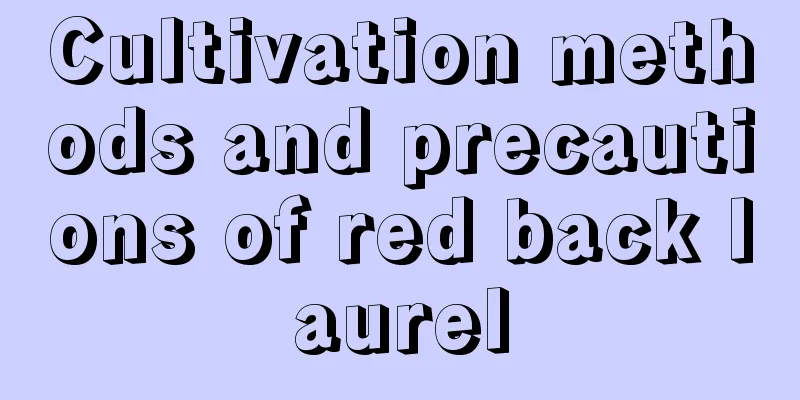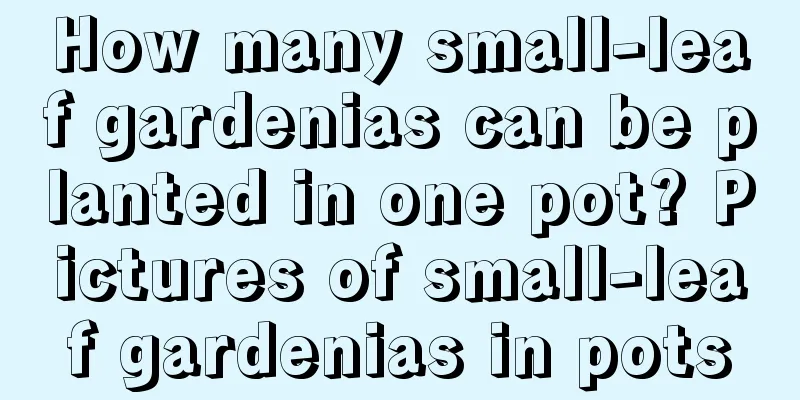If you can’t grow flowers well indoors, it’s because you didn’t follow these 5 rules

pruneEvery time we prune, we should carefully check each plant and prune any plants with yellow or dead leaves, asymmetrical tree shapes, or steep and long branches in a timely manner. If the leaf area is more than 1/3 withered and yellow, the entire leaf should be cut off. If the leaf area is less than 1/3 withered and yellow, use scissors to cut off the withered and yellow part along the leaf shape. Be careful to retain the leaf shape and do not cut it across with one knife. health① Clean the leaves of plants. Clean the leaves of plants before entering the site each time. Clean the leaves of plants regularly to avoid any dirt or dust on the leaves. ② Clean the garbage, debris, and fallen leaves inside the flower pots and pot covers, clean the mud on the surface of the flower pots and pot covers, and clean the bottom dish to remove mud, dirt, and stagnant water. ③After each care, mop up the accumulated water on the site and remove the dead leaves and flowers. WateringThe amount of watering for indoor flowers and trees should be adjusted according to their location, variety, habits, and season. Plants near windows or in locations with strong west sunlight or air conditioning should be watered more, while succulents, perennials, and plants should be watered less. Water more in summer and autumn, and less in winter and spring to maintain the right amount of moisture. FertilizationNPK compound fertilizer and organic fertilizer are commonly used for indoor foliage plants. The amount of fertilizer to be used is determined according to the humidity, light and plant species in different locations. Indoor flowers and trees should not use fertilizers with odor or high-efficiency pure nitrogen fertilizers such as urea. Pest controlThere must be effective measures and plans to prevent and control pests and diseases such as aphids, mites, scale insects, mosquitoes and flies, soft rot, black spot, etc., so as to nip the pests and diseases in the bud. |
<<: How to grow Veronica and what to pay attention to
>>: Cultivation methods and precautions of Clematis
Recommend
Where is it suitable to grow cherries?
Cherry growing area Cherries generally grow in a ...
The language of orchids. What does it mean to give orchids as gifts?
1. Flower Language In our country, the flower lan...
Winter management techniques for longan
Longan is widely planted in southern my country. ...
How many years does it take for a hazelnut tree to bear fruit?
Introduction to Planting Hazelnut Trees The hazel...
How to grow pearl bush
1. Watering Usually, good drainage is required wh...
What is the best month to plant cherries?
When is cherry planted? The best time to plant ch...
How to water potted peony
Key points for watering potted peonies Do not wat...
Paris polyphylla seedlings price
1. Seedling price Fritillaria thunbergii is a ver...
The flower language and value of red banana
The Flower Language of Red Banana The red banana ...
Do bananas have seeds?
1. At the beginning, there was Nowadays, it seems...
How to propagate lily bulbs and what to pay attention to
Lily bulb propagation method There are many ways ...
What common items in life can be used as flower fertilizers?
Waste oil The waste oil in the oil storage box of...
How to choose mung bean sprouts? Are mung bean sprouts poisonous if they are bitter and red?
1. Selection method 1. Color: The color of mung b...
The cultivation methods and precautions of bougainvillea
1. Breeding methods 1. Light: Light is a necessar...
What pests does Emamectin Benzoate control?
Emamectin benzoate is a new type of highly effect...









